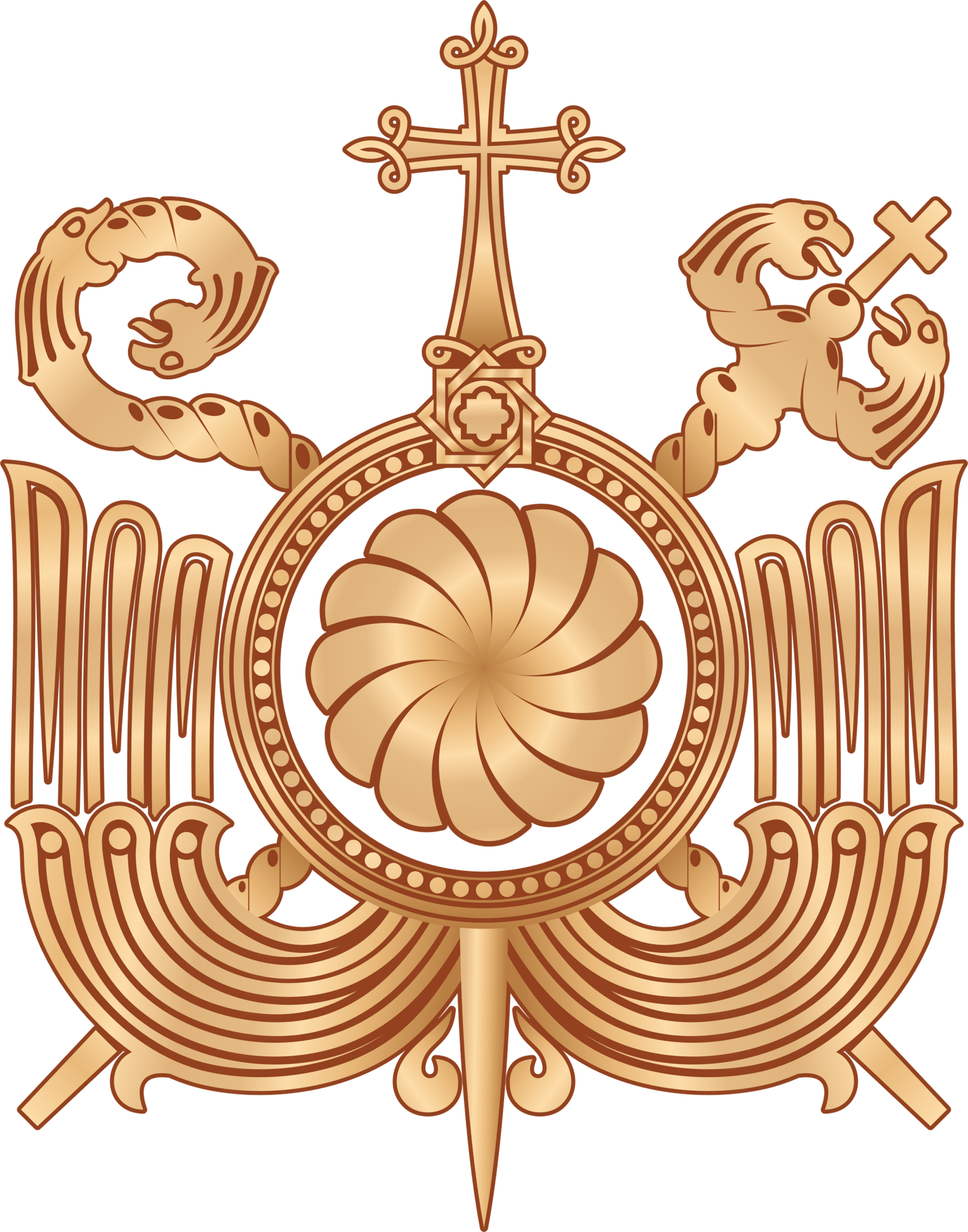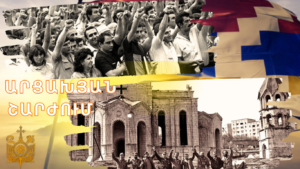The Artsakh Movement Is Not a Closed Chapter of the Past
Beloved faithful people,
Thirty-seven years ago, in February, one of the most glorious chapters in modern Armenian history began—the Artsakh Movement. The movement was a unique manifestation of popular will and resilience, of the spirit of struggle and devotion. It was truly heroic for an entire people to raise their voice and enlist in the cause of their longed-for freedom, justice, and the dream of reunification with the Motherland, within the totalitarian system of the Soviet state—a state that, disregarding the will of the Armenians of Artsakh, had arbitrarily caged Artsakh within the artificially created Azerbaijani state. We all know the result—the establishment of Artsakh’s independent statehood and its preservation and strengthening through struggle.
Beyond its invaluable role in achieving national unity, independence, and national aspirations, the Artsakh Movement also holds a significant place in the spiritual realm of the Armenian people. "The salvation of the righteous is from the Lord; He is their stronghold in time of trouble" (Psalm 36:39), says the Psalmist. The movement, which few in the world believed would succeed and which resembled the battle of young David against the giant Goliath, was a testament to the Armenians’ deep faith in God and their thirst for justice derived from that faith. These very events became the catalyst for the reopening of the Diocese of Artsakh of the Armenian Apostolic Church in 1989 by the holy decree of the late Catholicos of All Armenians, Vazgen I.
Beloved ones, today, we endure the bitterness of spiritual and national decline, defeat, the loss of Artsakh’s territory, and the forced displacement of its people. At the same time, many of us have witnessed the spiritual and national awakening of those days, experienced moments of grandeur, and seen the rise of the Armenian spirit. It was the willingness for collective sacrifice and the belief in the fruits of that sacrifice that laid the foundation for Artsakh’s independence in 1988. This means that the solutions to our collective challenges must be sought within ourselves. Our people have already proven that they are capable of heroic achievements, and today’s difficulties should not break what is most vital within us—our faith in the power of God’s justice and in our own strength. Be assured that the Lord’s help will not be delayed, just as it was not decades ago, if we once again rediscover our value system and unite the efforts of our people—from cultural figures to political leaders, from clergy to soldiers, from laborers to intellectuals.
Throughout history, national aspirations have been realized through the unification around spiritual values. That is the way today and will be in the future. Today, our duty is to live and act with faith and hope for a collective return to Artsakh. This expectation keeps our people united and steadfast, regardless of external circumstances. It is this very expectation that drives us to pray for a future that brings good tidings and a victorious return to the homeland through Christ. Moreover, we must not forget that Artsakh’s statesmen, the bearers of its independence, remain in enemy captivity. In this same spirit of expectation, we are all obliged to strive for their freedom and return.
Our prayer and hope are that, even after 37 years, the noble ideals of the Artsakh Movement do not fade from our consciousness, but rather continue to inspire us with strength and determination, so that we, as a generation, may once again embrace Artsakh—our beloved land and water, our sacred sites, and the cherished values of our forefathers.




